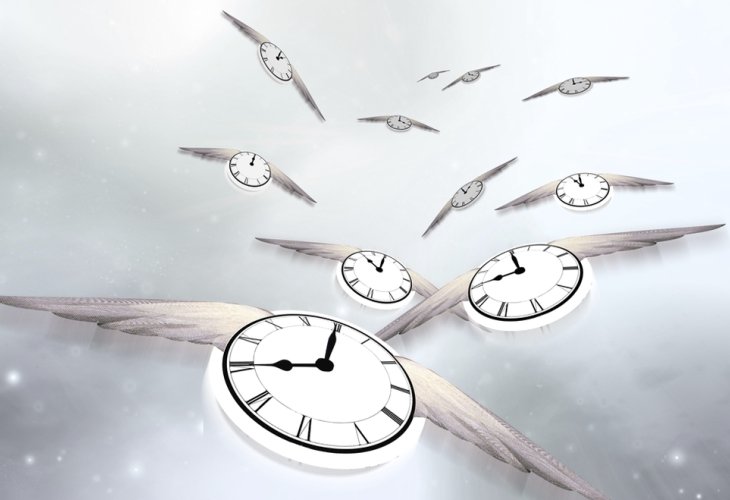Personality Development
Procrastination: The Hidden Cost of Delay - First Article in a Series
Understanding procrastination, its hidden impact, and how to take back control.
 (Photo: shutterstock)
(Photo: shutterstock)Procrastination is a phenomenon that comes with a heavy price. People delay scheduling critical medical appointments, postpone paying bills and accrue unnecessary debt, avoid inviting guests because they didn't clean the house, and the list goes on.
Despite its significant negative consequences, procrastination is incredibly widespread, affecting about 20% of the population. This means that 2 out of every 10 people regularly struggle with it.
What Is Procrastination?
Not every delay is in the category of procrastination. Sometimes we postpone one task for the sake of something more urgent, which is a sign of healthy flexibility. It's normal to avoid unpleasant or overwhelming tasks, as long as we still get them done and our functioning isn’t harmed.
The problem arises when procrastination becomes a consistent behavioral pattern that negatively affects all areas of life. At that point, it needs attention and real intervention.
Problematic procrastination is when someone repeatedly delays important tasks and in many cases, abandons them altogether, even when they know it will cost them dearly.
Living in “Crisis Mode”
Chronic procrastinators often live in constant “firefighting mode,” only addressing tasks when absolutely necessary.
For example, a person may repeatedly postpone quality time with their family, assuming they'll make it up later and that their loved ones will understand. Meanwhile, they don't delay their work responsibilities for fear of losing their job. It’s not that they care less about their family, but they assume that the family will be more forgiving.
Over time, such behavior can severely damage family relationships. The person may eventually realize that they’ve lost emotional connection with their loved ones because they kept saying, “later”.
The Torah offers a striking parallel in the ceremony of Pidyon HaBen (redeeming the firstborn son), where the priest asks the father: “Which do you prefer- your son or the five silver coins?” The father must say he prefers his son, or the mitzvah is invalid. Commentators explain that this question is asked to make the father consciously affirm his priorities.
Why is this question only asked in this specific mitzvah? Pirkei Avot teaches: “At twenty, one begins to pursue (livelihood).” Around that age, a person begins striving for career stability, and if at that age they are blessed with a child, it’s crucial to ask: Will you prioritize wealth, or your child? That one question helps clarify life’s true priorities.
 (Photo: shutterstock)
(Photo: shutterstock)Don’t Get Used to Postponing
One of the biggest risks of procrastination is that it often doesn’t cause immediate consequences, especially in family life. People therefore forgive themselves, promising to make up for it later. This leniency becomes a pattern, and eventually a lifestyle.
Our sages taught: “A sin repeated becomes permitted in one's eyes”. This applies to procrastination as well so that if you miss one morning prayer, you may feel guilty, but if you skip it again and again, the guilt fades, until it becomes your new normal.
It begins with delaying one task, then another, and slowly, the person no longer feels responsible. They comfort themselves with the illusion: “Tomorrow I’ll do better.” But procrastination becomes second nature, and very hard to break.
The Kotzker Rebbe once said: “I’ve wanted, just once in my life, to skip Mincha (the afternoon prayer), so I could yearn for it and pour out my soul in Maariv (the evening prayer). But I’m afraid that if I miss it once, I’ll get used to it. And I won’t be able to break the habit.”
The Illusion of “Tomorrow”
Rabbi Chaim Friedlander (Siftei Chaim) points out that we deceive ourselves with our noble desires: We want to succeed and we aspire to be perfect. Because the desire feels so strong, we allow ourselves to postpone, telling ourselves, “Tomorrow will be better".
The only way to break procrastination is through conscious awareness of our behavior patterns and a realignment of our values. Procrastination may seem harmless in the moment, but its long-term effects can be life-altering.
Act now, before “later” becomes never.

